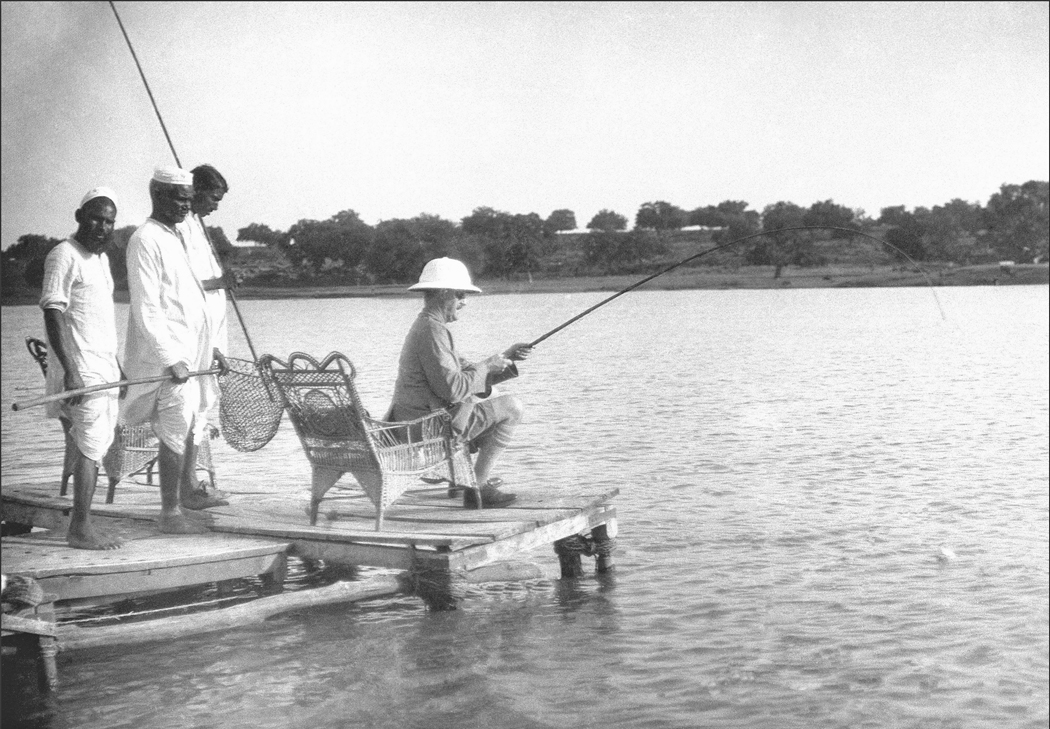A History of World Societies:
Printed Page 898
A History of World Societies Value
Edition: Printed Page 909
Chapter Chronology
British Promises and Repression
Indian nationalism had emerged in the late nineteenth century (see “The British and the Indian Educated Elite” in Chapter 26), and when the First World War began, the British feared revolt. Instead Indians supported the war effort. About 1.2 million Indian soldiers and laborers voluntarily served in Europe, Africa, and the Middle East. The British government in India and the native Indian princes sent large supplies of food, money, and ammunition. In return, the British opened more good government jobs to Indians and made other minor concessions.
As the war in distant Europe ground on, however, inflation, high taxes, food shortages, and a terrible influenza epidemic created widespread suffering and discontent. The prewar nationalist movement revived stronger than ever, and moderates and radicals in the Indian National Congress Party (see “The British and the Indian Educated Elite” in Chapter 26) joined forces. Moreover, in 1916 Hindu leaders in the Congress Party hammered out an alliance — the Lucknow Pact — with India’s Muslim League. The League was founded in 1906 to uphold Muslim interests, as, under British rule, the once-dominant Muslim minority had fallen behind the Hindu majority. The Lucknow Pact forged a powerful united front of Hindus and Muslims and called for putting India on equal footing with self-governing British dominions like Canada, Australia, and New Zealand.
The British response to the Lucknow Pact was mixed. E. S. Montagu, the secretary of state for India, made the unprecedented announcement on August 20, 1917, that British policy called for the “gradual development of self-governing institutions with a view to the progressive realization of responsible government in India.”4 But the proposed self-government was much more limited than that granted the British dominions. In late 1919 the British established a dual administration: part Indian and elected, part British and authoritarian. Such uncontroversial activities as agriculture and health were transferred from British to Indian officials who were accountable to elected provincial assemblies. More sensitive matters like taxes, police, and the courts remained solely in British hands.
Old-fashioned authoritarian rule also seriously undermined whatever positive impact this reform might have had. Despite the unanimous opposition of the elected Indian members, the British in 1919 rammed the repressive Rowlatt Acts through India’s Imperial Legislative Council. These acts indefinitely extended wartime “emergency measures” designed to curb unrest and root out “conspiracy.” The result was a wave of rioting across India.

British Man Fishing in India British colonial officials, such as this gentleman reposing in a wicker chair while fishing in India around 1925, enjoyed lifestyles that were often much more comfortable than would have been the case back in England. Gardeners, chauffeurs, maids, cooks, and other personal servants, like the three men helping the fisher, were commonly hired to wait on the colonists hand and foot. Some justified the lifestyle as demonstrating the refinements of civilization — part of the white man’s burden. (Photograph by Ralph Ponsonby Watts/© Mary Evans Picture Library/The Image Works)
Under these tense conditions a crowd of some ten thousand gathered to celebrate a Sikh religious festival in an enclosed square in the Sikh holy city of Amritsar in the northern Punjab province. Unknown to the crowd, the local English commander, General Reginald Dyer, had banned all public meetings that very day. Dyer marched his native Gurkha troops into the square and, without warning, ordered them to fire into the unarmed mass at point-blank range until the ammunition ran out. Official British records of the Amritsar Massacre list 379 killed and 1,137 wounded, but these figures remain hotly contested as being too low. Tensions flared, and India stood on the verge of more violence and repression and, sooner or later, terrorism and guerrilla war. That India took a different path to national liberation was due largely to Mohandas K. Gandhi (1869–1948), the most influential Indian leader of modern times.
